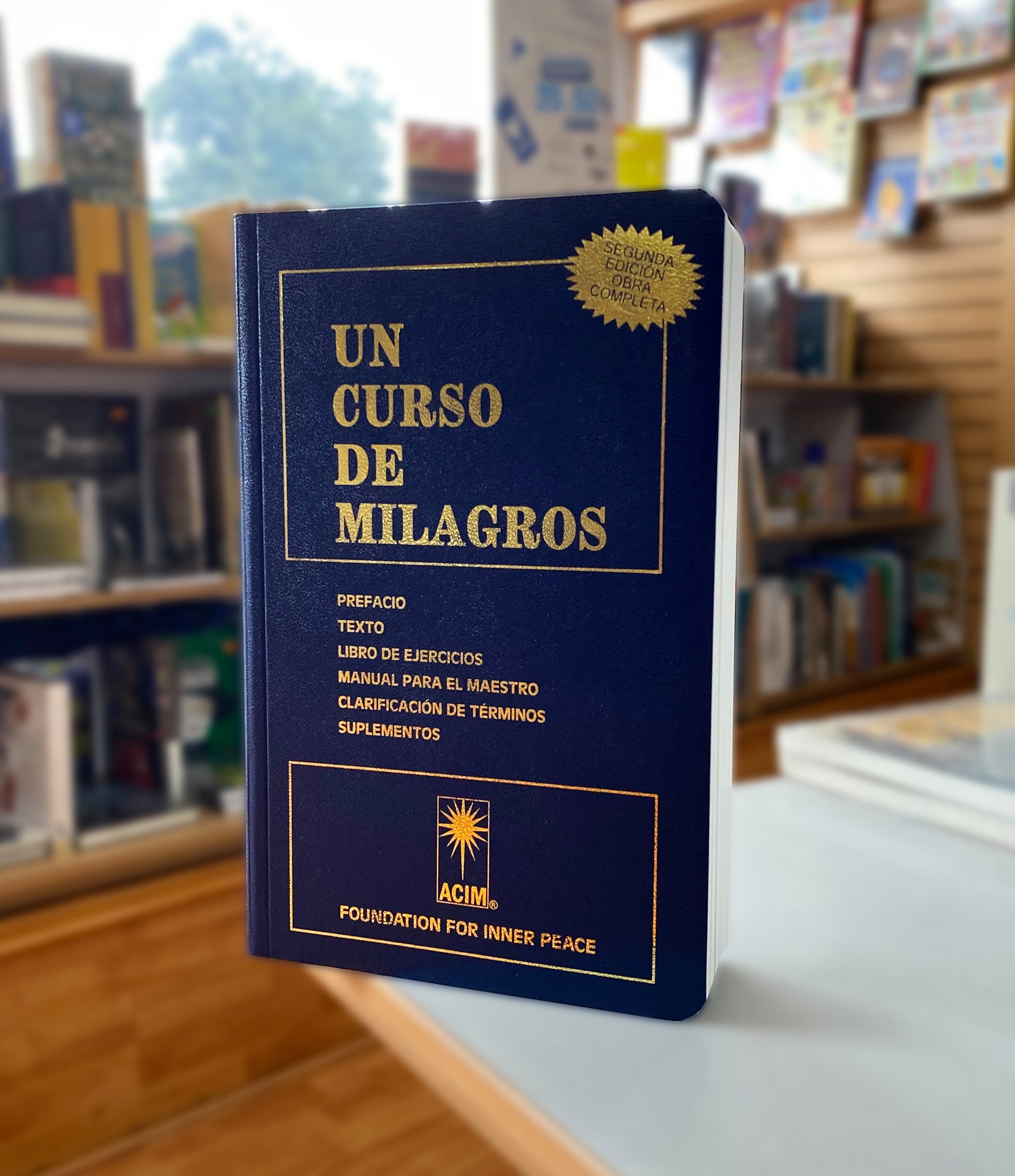The process of defining the meaning of ucdm is to problematize its lexicology and re-conceptualize it. An example is illustrated from real day-life. A multinational company involved in the making of advanced pharmaceutical products decides to get rid of its wastes in a cheaper manner rather then waste-treat them. They dump the wastes around the coast of a poorer African continent based on the company’s policy of maximum profits. Are the board of directors in the company educated? They are, one can assume for rhetorical comfort. An illiterate, native-tribe living in the rainforest jungles of Papua New Guinea doesn’t know the meaning of Environmental jargon: ‘Reduce, Recycle & Reuse’; yet, they conserve and sustain the environment, based on the level of skills known to them. Are the people of the rainforest uneducated just because they are illiterate?
The problems connected with narrowness of meaning called Education emerge within the contextuality of the above mentioned examples, and the conceptual difficulties involved in attempting to centre meaning upon Education is by all means complicated. So the meaning of education has to emerge from this narrowness to the broadness of meaning. In its broadness of meaning Education is the process of ‘stimulating’ the ‘person’ with Experiences, Language and Ideology, beginning from the time of birth and continuing till the time of death. This meaning of Education would give rise to the Aim, as disseminating formally, non-formally, culturally, nationally, scientifically and ritually-skills, literacy, knowledge, norm and values, as pedagogies of the institutions giving rise to the aim. This aim would be directly related to the perpetuation of that Society as an ideological structure. Aim would again determine the Function of Education The function of Education would be thus related to how meaning and aims are synchronized into processes called experience of application. The thesis statement of this paper is developed on three levels-one, the meaning of education as the stimulation of person a with language, experiences and ideology-two, aim of education being dissemination and perpetuation, and three, function, as synchronized processing.
The development of the Meaning of Education as a stimulation of a person from birth to death with language, experiences and ideology makes the person, a Being of the process as an Ontology. This process starts right from birth as affective language, for example, a mother’s cooing, to a process where the person becomes a cognitive structure, as I-the speaking subject or ego-subject. Here, the individual undergoes the norms, traditions of the society’s culture and learns to adapt and appropriate the symbolic codes of the society. Along with this process, the individual also learns to formalize his or her adaptation and appropriation to a literacy process i.e. developing skills and competencies. Thus we find that the Meaning of Education to be multi-leveled as well as multiple -oriented, through both formalist and non-formalist institutions of society. The formalist institutions which procreate the Meaning of Education are the Schools, the Government, Law and Order etc. Other formalist institutions like family, religion and native-traditions can work both openly as well as silently to orient an individual to the meaning of experience as the educated. For example a mother’s oral transmission of a folk song to the daughter is silent whereas a marriage function is a more open aspect as the performance of a culture’s pedagogy. Thus language and experiences generate the codes for that society to experience the Meaning of Education, making possible for ideologies to exist.
